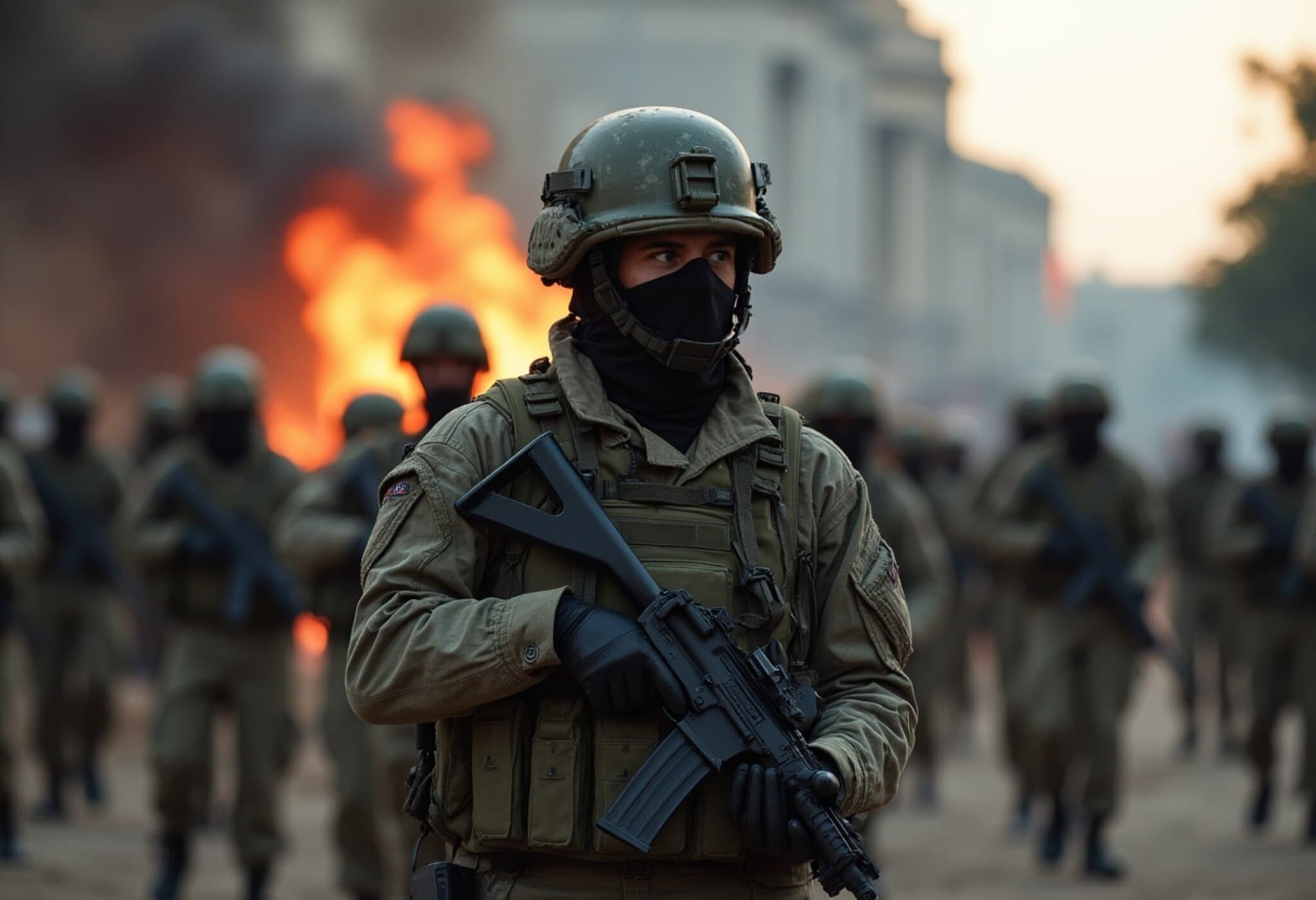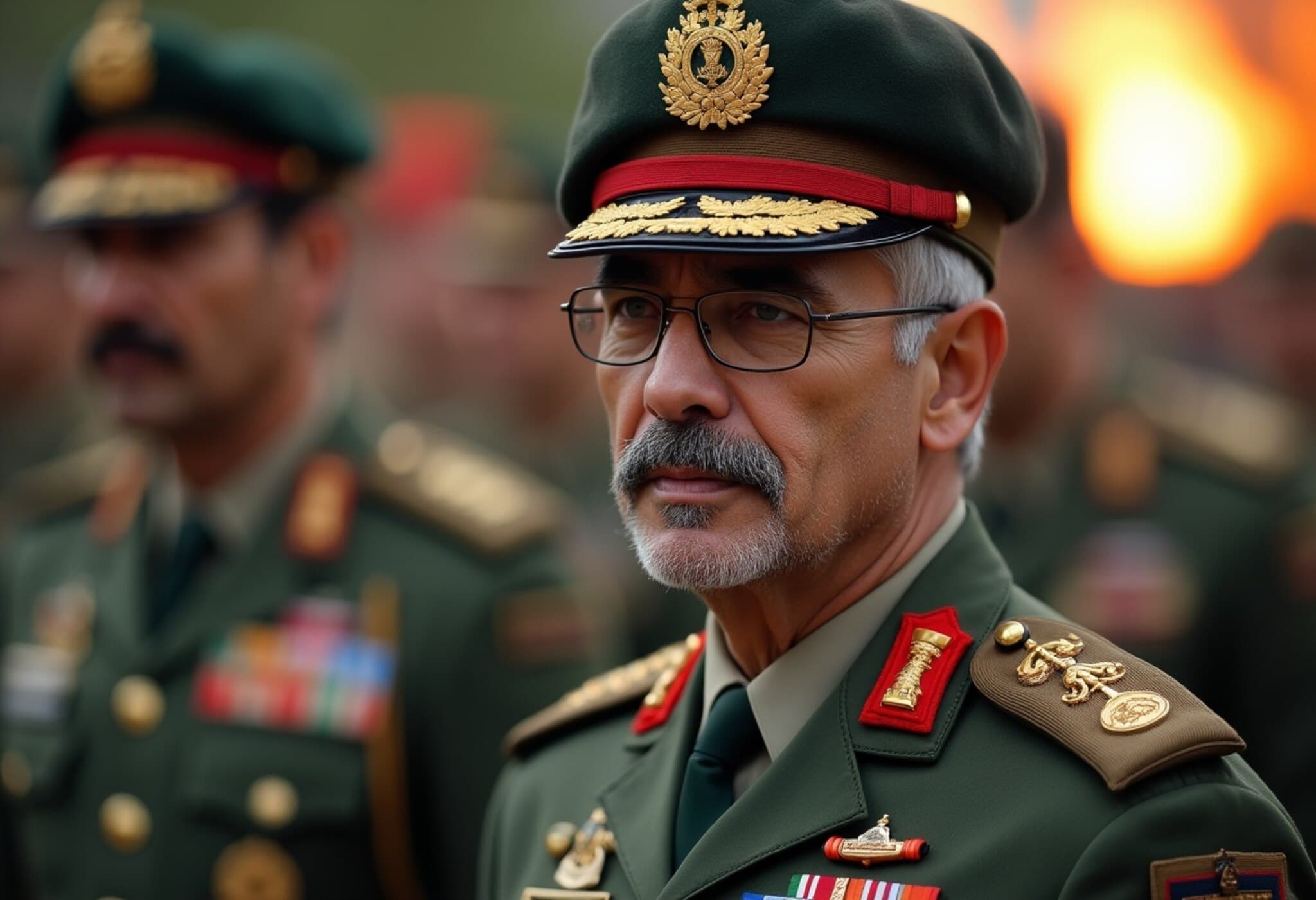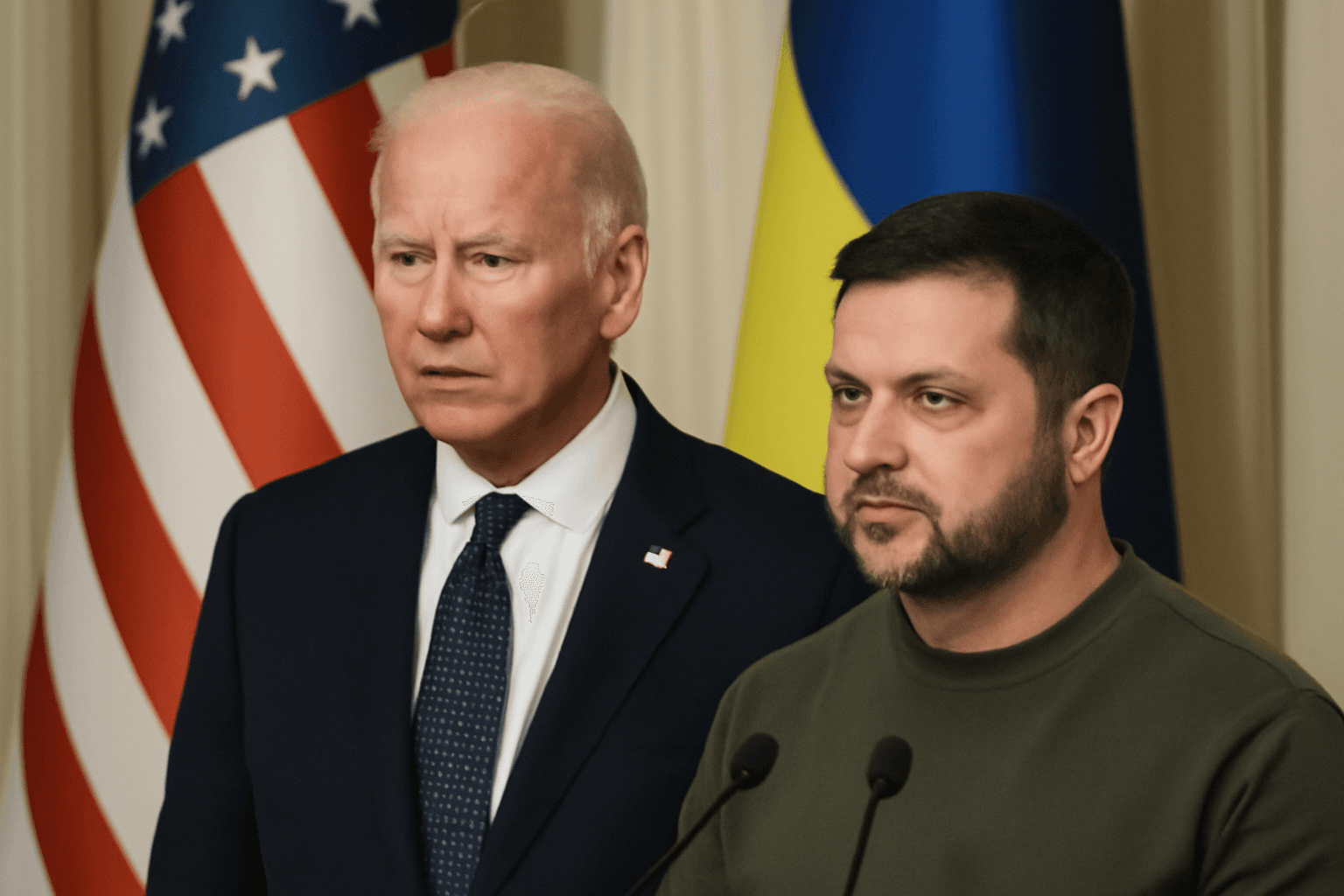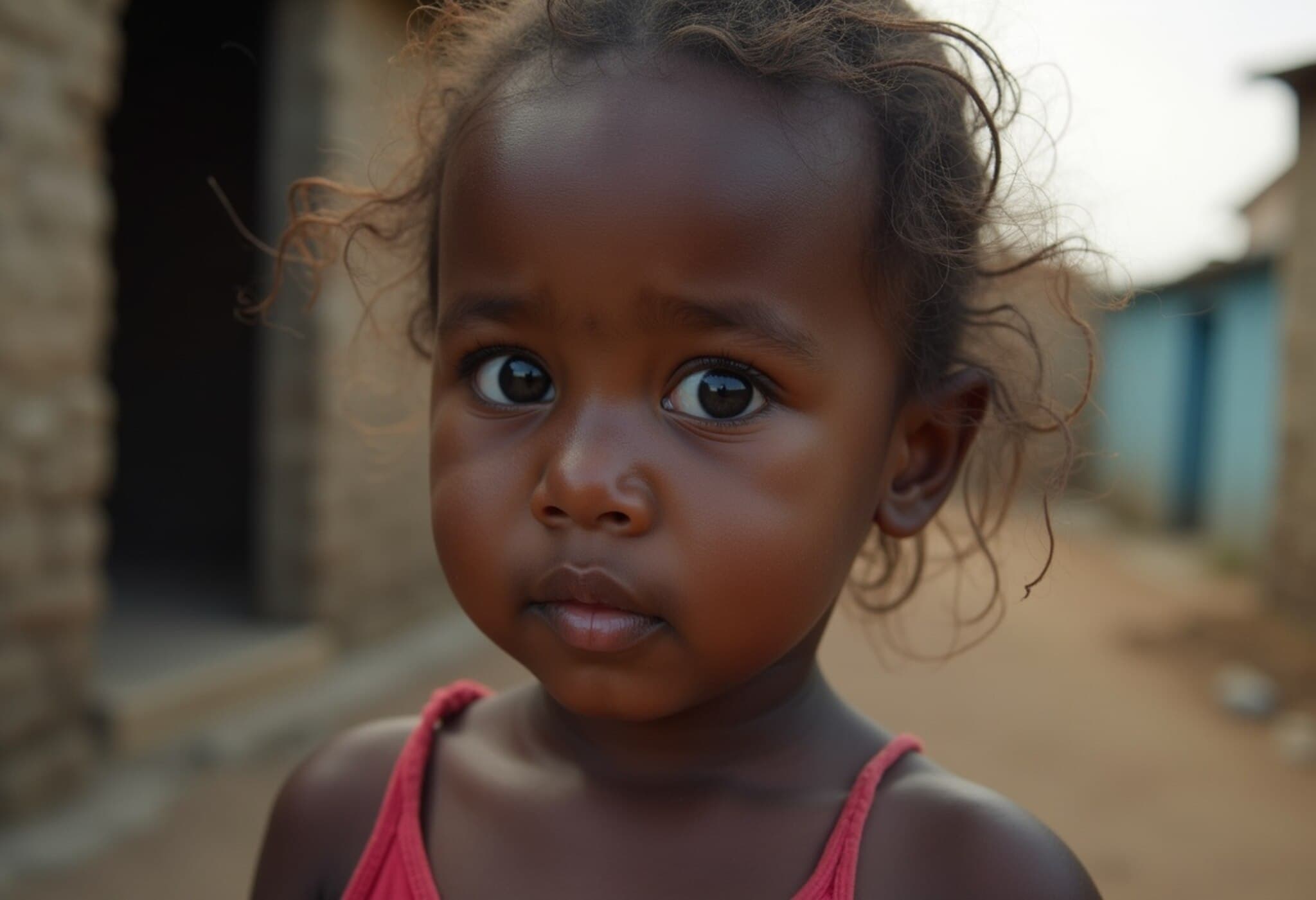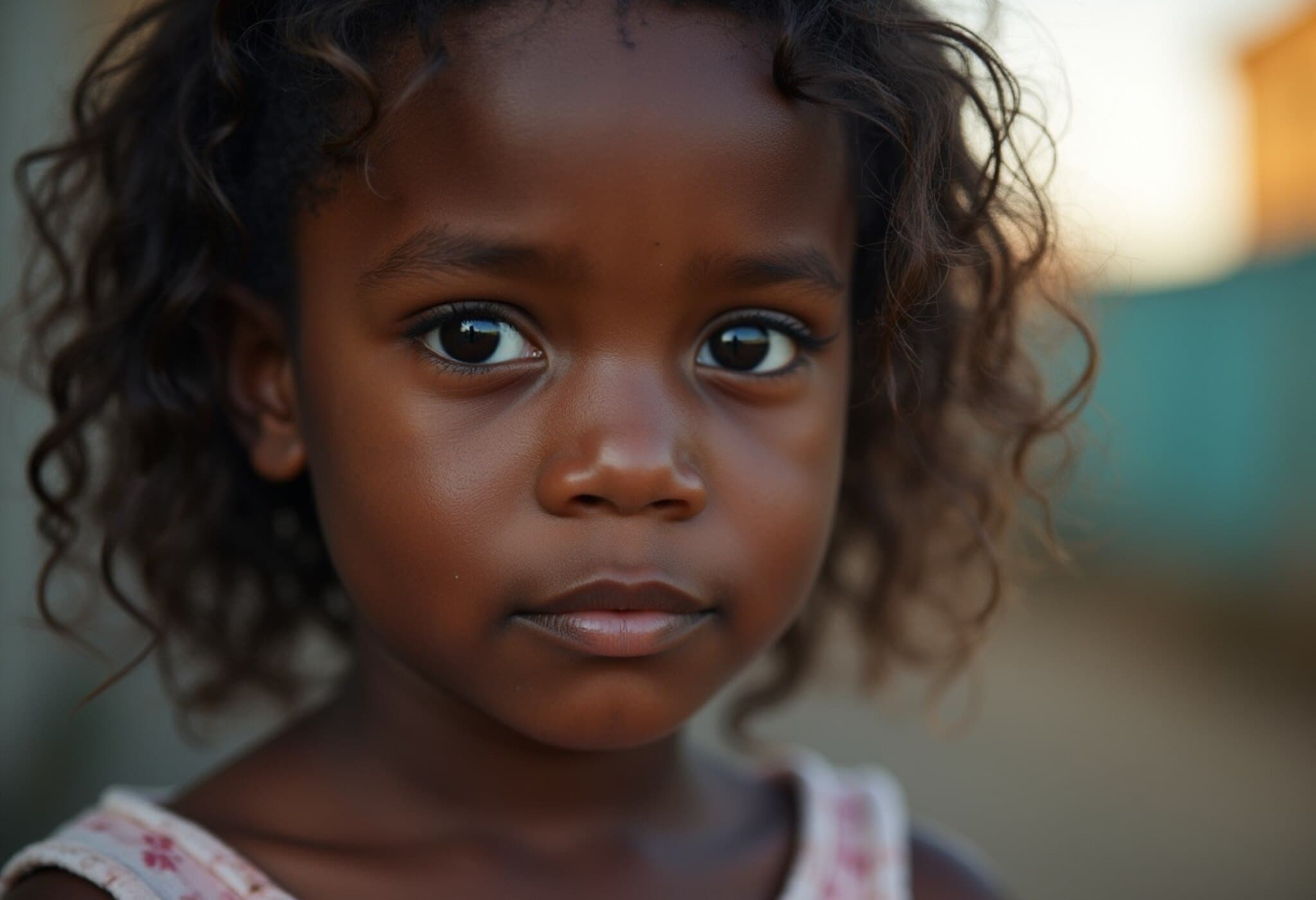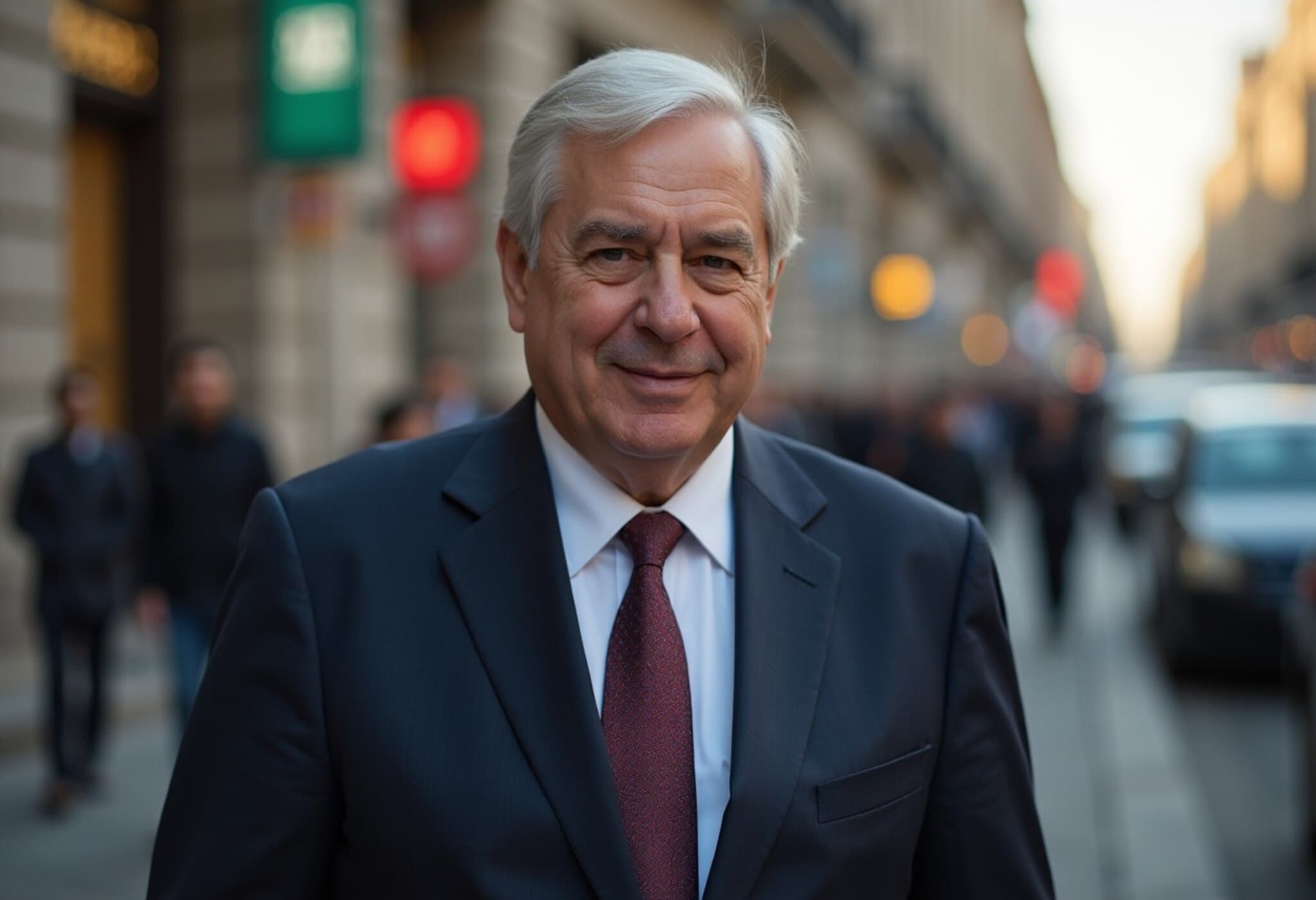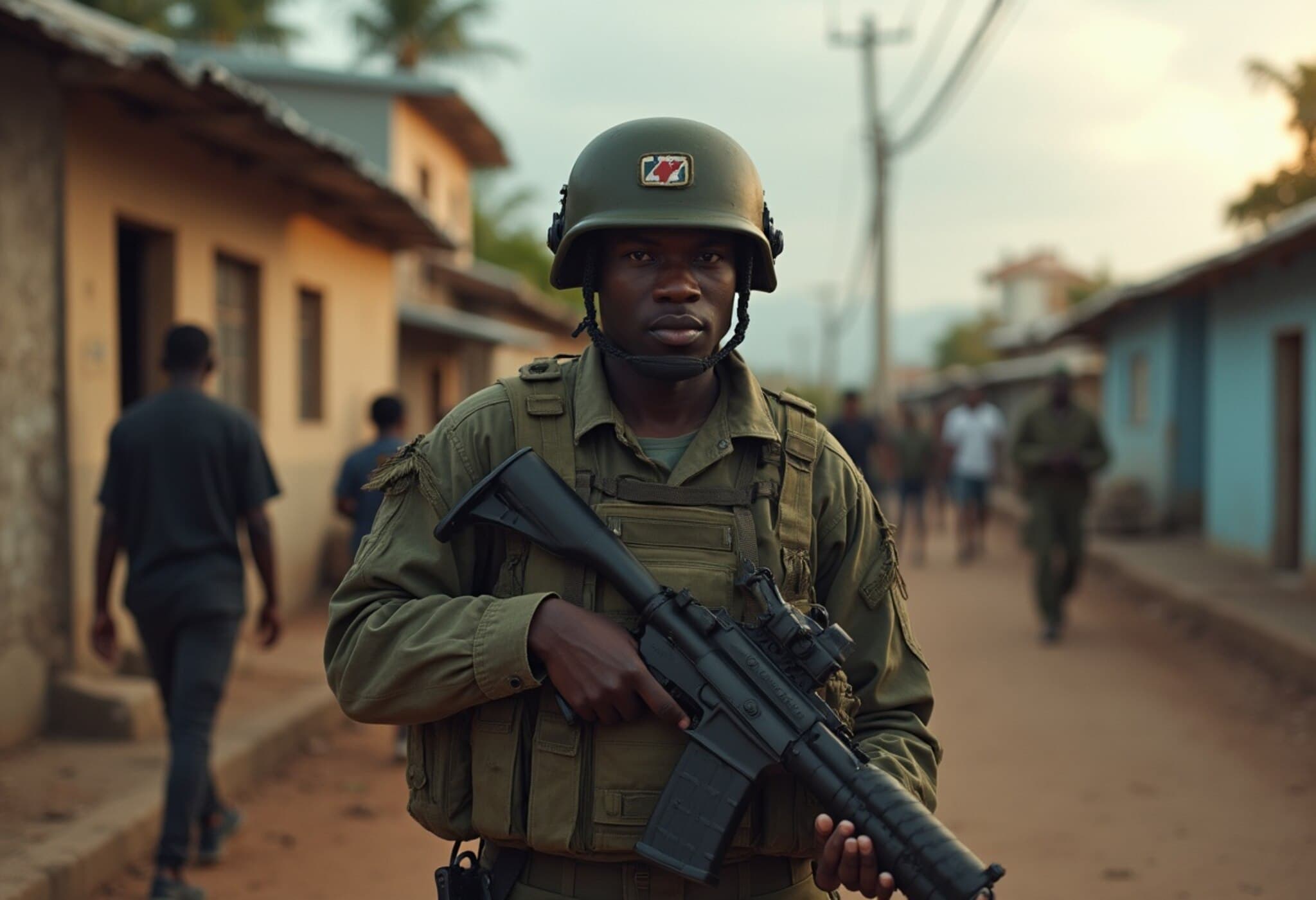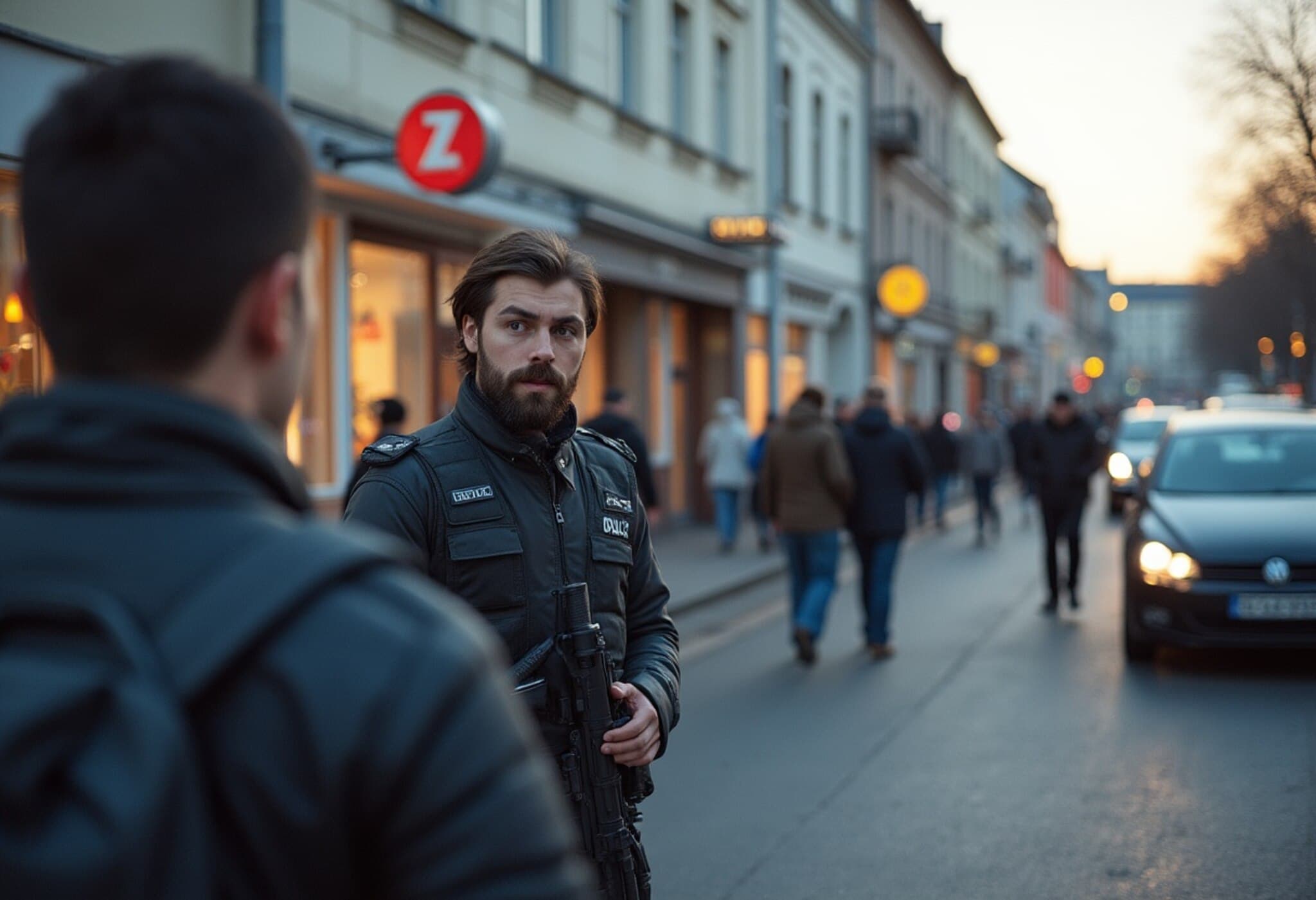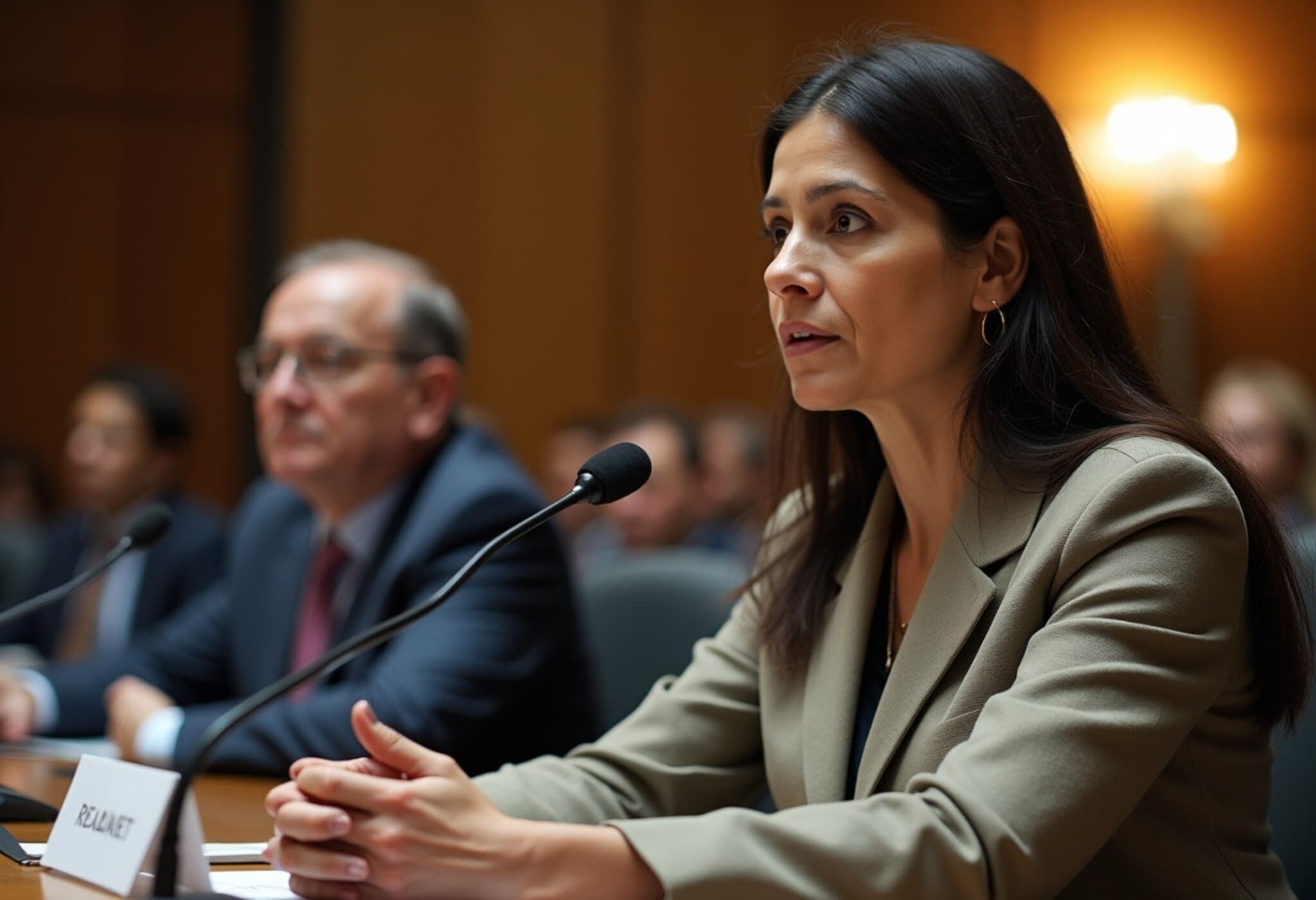United Nations Endorses Major Security Surge to Tackle Haiti's Gang Violence
On September 30, 2025, the United Nations Security Council gave the green light to a significant escalation in peacekeeping efforts in Haiti by approving a multinational force of up to 5,500 soldiers and police officers. This new force aims to confront the entrenched gangs responsible for a relentless wave of killings, rapes, and kidnappings that have plunged Haiti deeper into turmoil.
A Bold Move Amidst Persistent Instability
Proposed jointly by the United States and Panama, this reinforced mission marks a strategic shift from previous efforts. Unlike the current Multinational Security Support Mission (MNSSM), which has fewer than 1,000 officers predominantly from Kenya and operates mainly in a supporting role to Haitian police, the expanded contingent is authorized to conduct independent offensive operations against criminal networks terrorizing communities.
The need for such robust intervention stems from the failure of prior missions to stem Haiti's spiraling violence and lawlessness. Local authorities have struggled to contain the gangs that dominate many neighborhoods, effectively turning parts of Haiti into no-go zones. With the new mandate, the international community hopes to restore basic security and protect vulnerable citizens.
Uncertain Commitments Shadow the Mission
Despite unanimous approval, a lingering question remains about who will contribute troops and funding for this ambitious deployment. So far, no clear roster of participating nations has emerged, raising concerns about the speed and scale at which this force can be mobilized.
Historically, securing multilateral support for Haiti has proven challenging due to political complexities and donor fatigue. The absence of concrete pledges could delay implementation, undermining the mission’s potential impact.
Regional and Global Implications
Haiti’s security crisis transcends its borders. The ongoing violence fuels instability in the Caribbean and poses broader risks of migration surges and illicit trafficking. By backing this enlarged force, the UN acknowledges that addressing Haiti’s internal chaos is critical for regional security and international humanitarian interests.
Experts emphasize that without comprehensive reforms addressing Haiti’s governance and economic malaise, military efforts alone may fall short. The new mission should be part of a holistic approach including support for judicial institutions, social infrastructure, and economic opportunities.
What Lies Ahead?
- Mobilization challenge: Nations must quickly commit troops and resources to implement the mission before the existing mandate expires.
- Operational scope: Forces will transition from support roles to offensive operations, potentially altering the dynamics of engagement on Haitian streets.
- Local cooperation: Success depends heavily on collaboration with Haitian authorities and communities.
- Long-term strategy: Security gains require parallel political and economic reforms to achieve sustainable peace.
Editorial Insight: Balancing Security and Sovereignty in Haiti’s Future
As Haiti faces what many deem its most perilous chapter in decades, the UN’s decision symbolizes a renewed international commitment to stop the rampant lawlessness. Yet, it highlights an enduring dilemma in global peace operations — how to uphold a nation's sovereignty while responding decisively to humanitarian disasters.
History warns us that military interventions without robust political frameworks risk becoming prolonged enterprises with limited success. For the people of Haiti, who have endured cycles of upheaval and neglect, this moment offers a fragile window for hope, contingent on coordinated global will and local engagement.
Editor's Note
The United Nations' authorization of a larger, more assertive force reflects urgent recognition of Haiti's deepening crisis. However, this initiative’s viability hinges on international contributions and a clear strategy addressing the root causes of instability. Readers should consider: Can peacekeeping alone restore security without broader governance reforms? What role should the US and regional neighbors play in Haiti’s recovery? These critical questions frame the unfolding story of Haiti’s struggle for stability.

